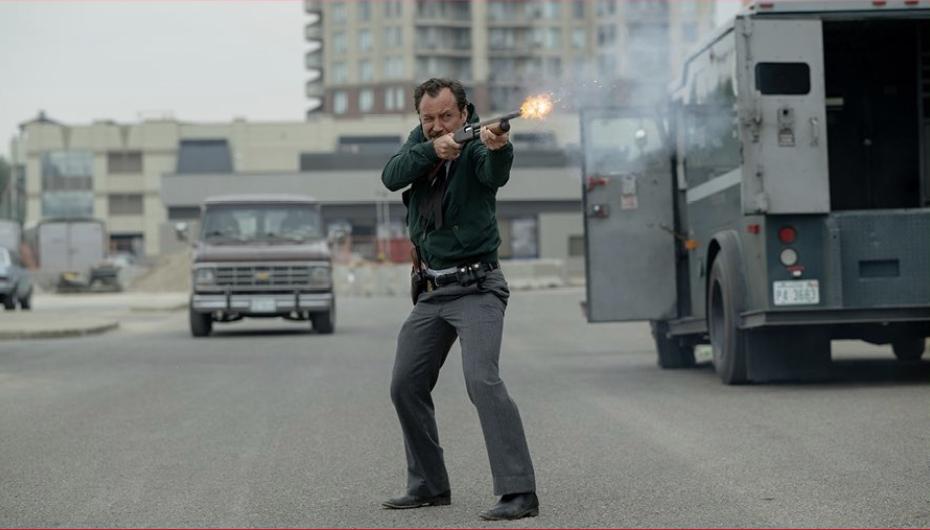
[ad_1]

⭐⭐⭐⭐⭐
Rating: 5 out of 5.
It’s chilling to realize how closely the cinematic universe can mirror reality, especially when we turn to it for an escape. Few films have genuinely terrified me, but “The Order” did not disappoint in that regard. I anticipated it would be a remarkable film, and it certainly was. However, the themes it explored were so unsettling that I almost wish it hadn’t been as impactful as it was.
Written by Zach Baylin and directed by Justin Kurzel, “The Order” follows a series of bank robberies that draw the FBI into a tense investigation. Based on Kevin Flynn and Gary Gerhardt’s nonfiction bestseller The Silent Brotherhood, the film dramatizes the largest manhunt in FBI history against a man determined to execute a plan to make America “white” again. Its chilling scenes do more than recount events from 1983 — they reveal how far white nationalists were willing to go to push their hateful agenda into the highest levels of government.
“You have to stop. They have found the body. Wait until we have someone in Congress who can push our ideology in a different way to make people hear you,” a voice says in the film. Sounds familiar, doesn’t it? Set in 1983, FBI Agent Husk (Jude Law) takes over the investigation with the help of a young deputy (Tye Sheridan) to decipher the pattern behind the robberies. Their search leads them to a book, The Turner Diaries, used by cult leader Robert Jay Mathews (Nicholas Hoult), who, like many white nationalists, is looking for ways to insert his extremist views into mainstream society. The film’s portrayal of these chilling events will leave the audience shocked and angry, for one main reason — history, sadly, has a habit of repeating itself.
As a film critic, I usually strive to avoid political commentary, focusing on films purely as entertainment. But with films like “The Order,” how can I ignore the reality it confronts me with? If there’s one lesson to take from this film, it’s that everyone living in the United States should see it before they cast their vote. The film challenges viewers to think critically — as long as they keep an open mind. It’s a remarkable piece of cinema, filled with powerful performances, yet it offers little hope because it starkly shows that not much has changed between 1983 and 2024. The white nationalist agenda still finds ways to infiltrate public discourse, and anyone who isn’t white or is an immigrant remains a target.
So, my question is: why is the color of the skin so important? Why can’t we learn to live together? Until we learn to embrace our differences — whether in skin color, culture, or belief — we will remain divided by fear and hatred. Only by understanding that our diversity is our strength can we hope to build a future free from the shadows of the past. Until then, violence and racist ideologies will continue to thrive as long as there are leaders who amplify them on a bigger stage.
Like this:
Like Loading…
Related
[ad_2]